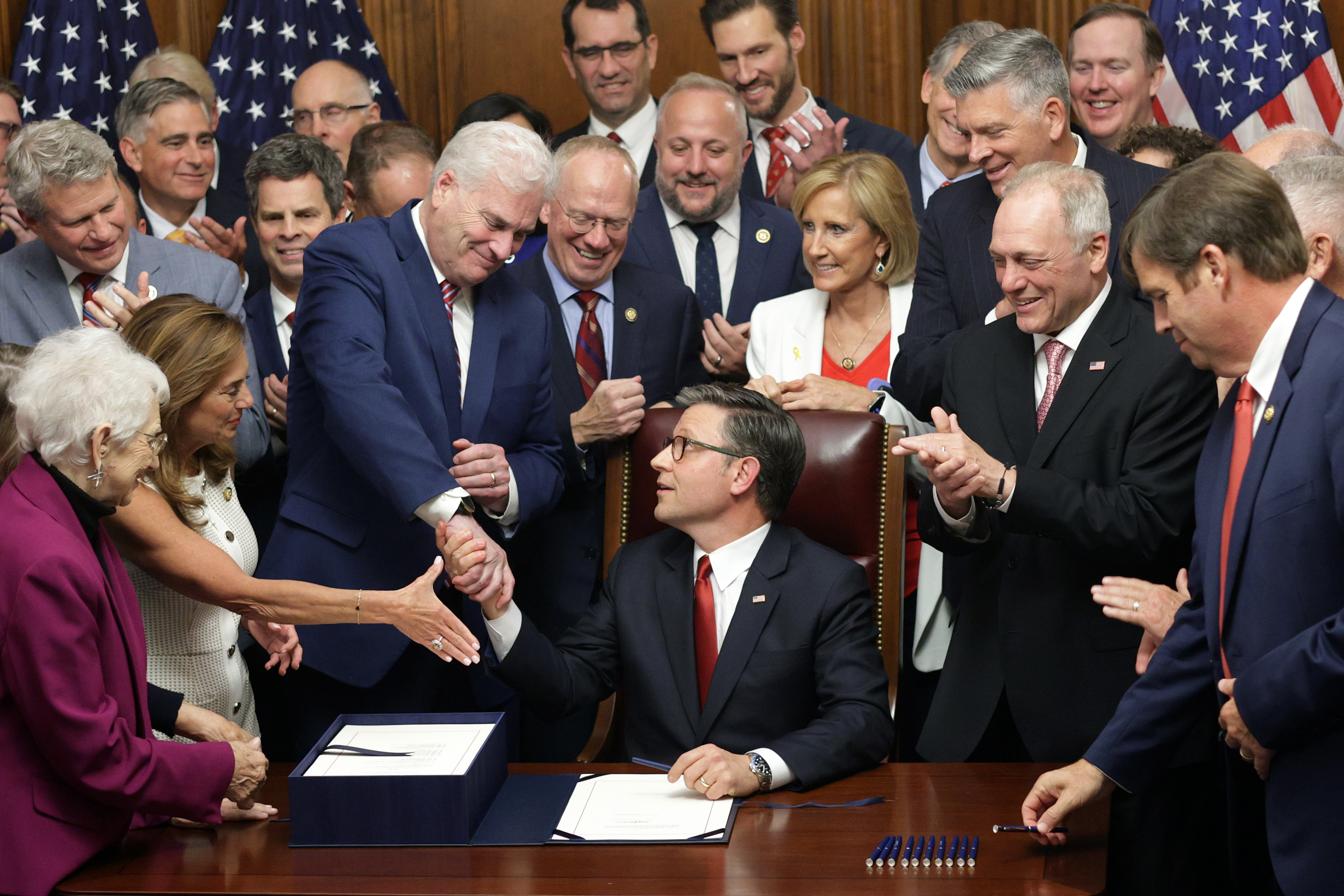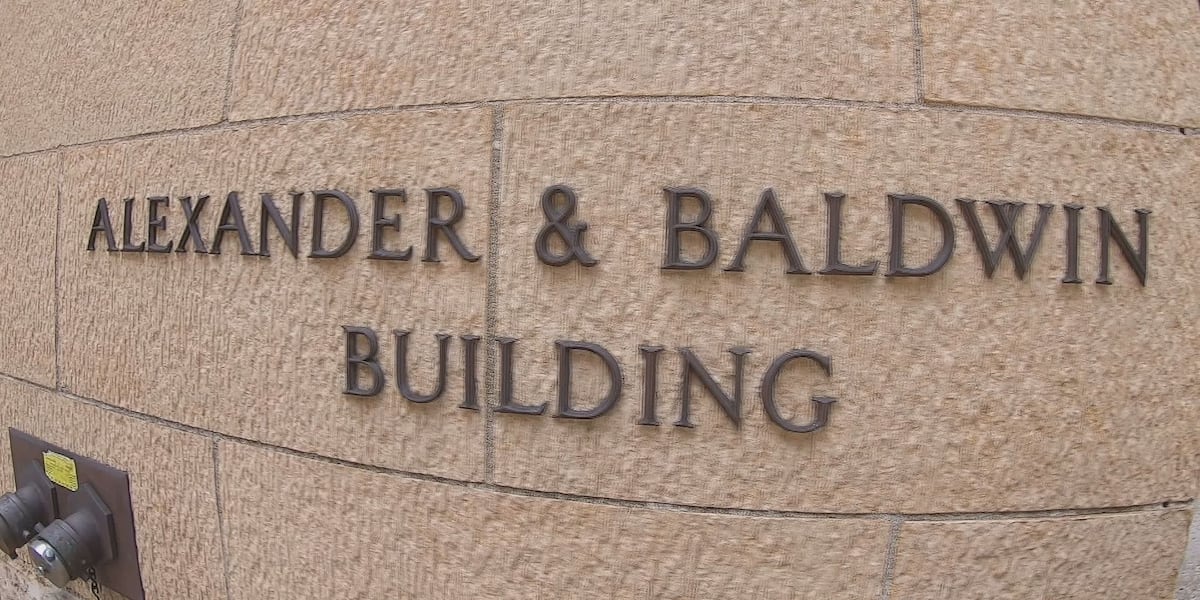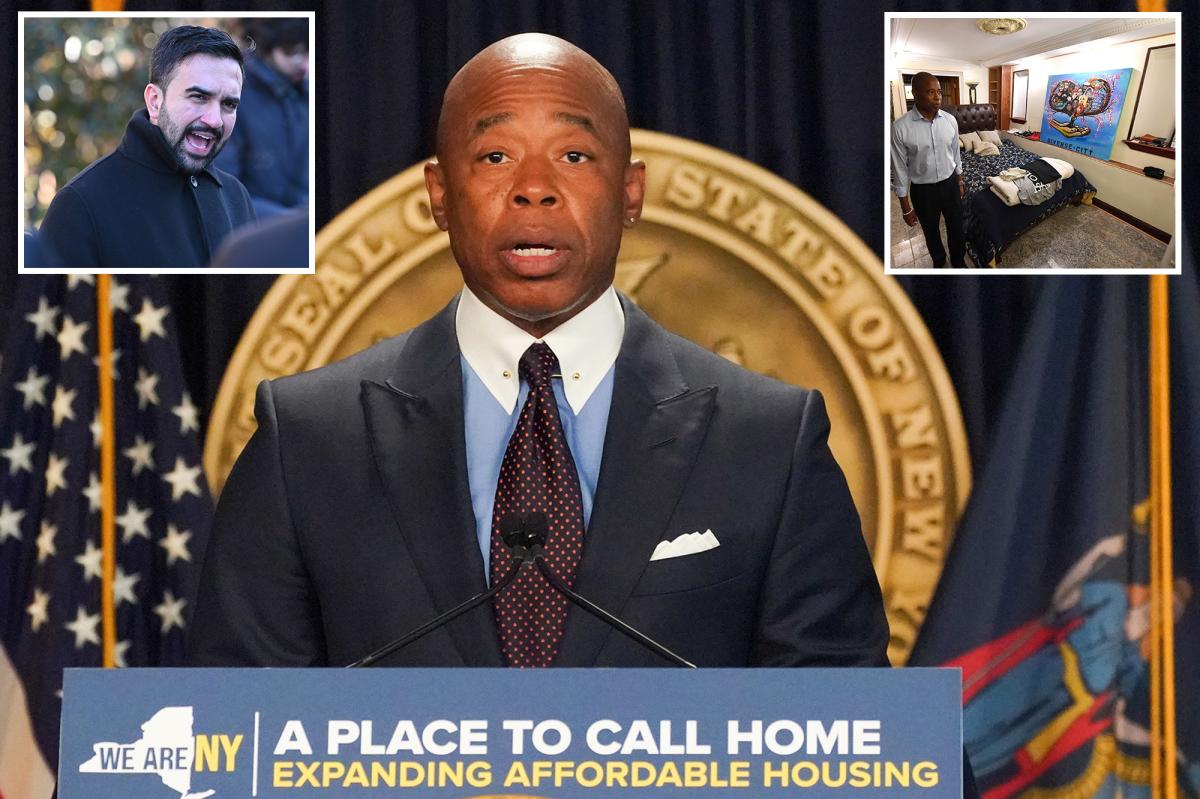P
resident Donald Trump's One Big Beautiful Bill Act, passed by the House with a narrow 218-214 vote, is expected to benefit high-end buyers in the US housing market while doing little for lower-income renters and potential first-time buyers. The bill extends tax cuts and slashes social security net programs, sparking controversy within the GOP.
Experts have expressed skepticism about the bill's impact on everyday Americans, with many economists arguing it will primarily benefit the wealthiest individuals at the expense of poorer families. "This bill hurts low-income households while simultaneously bestowing huge tax cuts on the richest Americans," said Bobby Kogan, a former top numbers cruncher for the Senate Budget Committee.
The bill may also affect the struggling US housing market, which is experiencing a slowdown due to high mortgage rates and prices. Realtor.com senior economist Jake Krimmel noted that the bill's impact will vary significantly across regions and income groups, depending on local tax burdens, home prices, and supply conditions.
High-end buyers in states like New York, New Jersey, Massachusetts, and Illinois may benefit from a provision raising the state and local tax (SALT) deduction cap to $40,000. This could save them thousands of dollars in annual taxes, potentially fueling a real estate boom. However, this change disproportionately benefits higher-income buyers in these regions.
The bill also introduces a permanent qualified business income deduction that may give an advantage to real estate investors and professionals, potentially driving more investment in residential and commercial property. Everyday Americans are unlikely to benefit from the changes introduced by the new legislation, while professionals are thrilled about the opportunities it presents.
On the supply side, the bill expands the Low-Income Housing Tax Credit and tweaks opportunity zone incentives, which could help address the national housing shortage. However, large-scale supply-side impacts will take time and aren't likely to relieve pressure in high-cost cities anytime soon. Several sections of the bill also terminate energy-efficient home credits, which may increase the price of new homes and disrupt the housing supply.
The construction of new homes has already slowed down due to tariffs and a surge of for-sale listings, making it unlikely that lower-income buyers will catch a break anytime soon.














